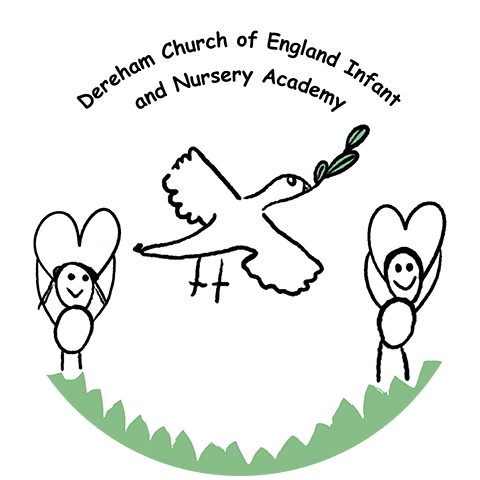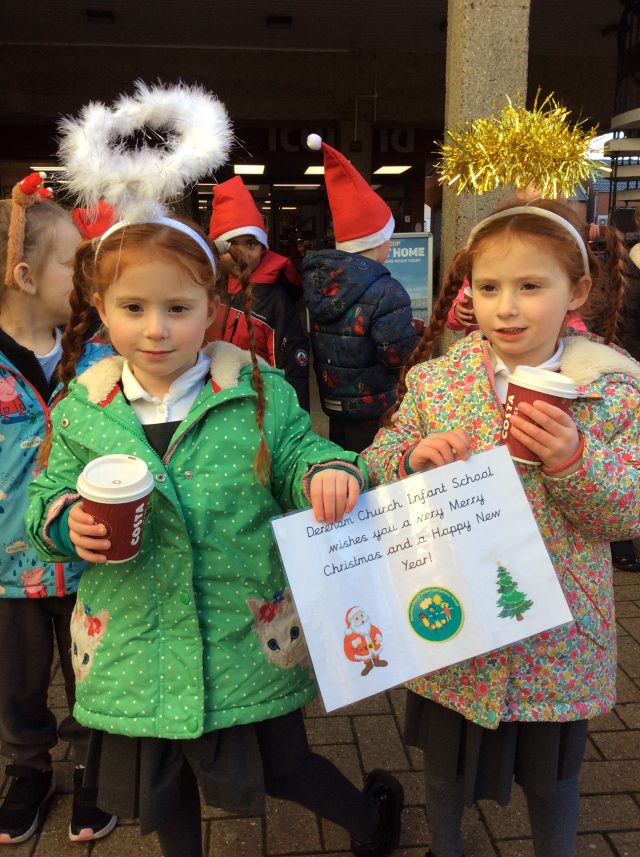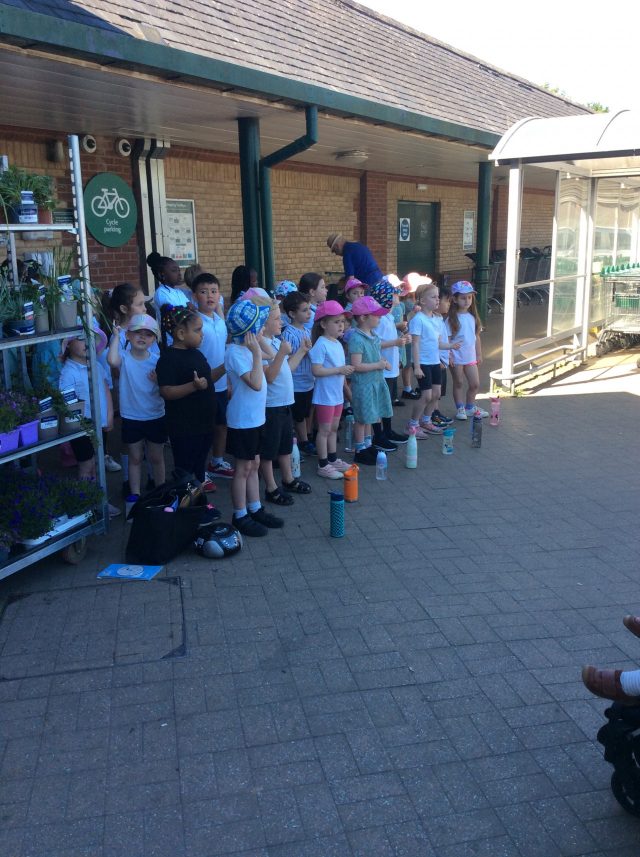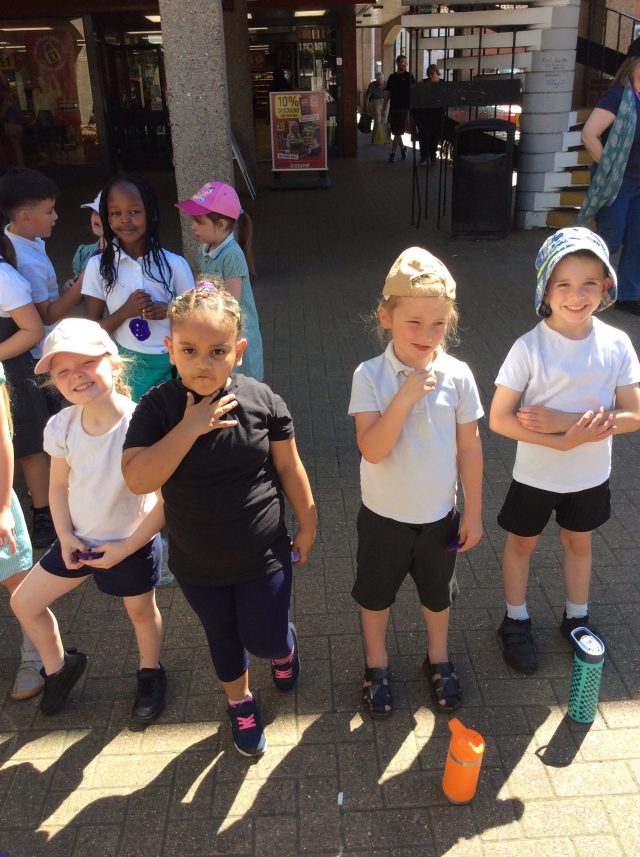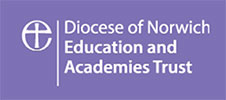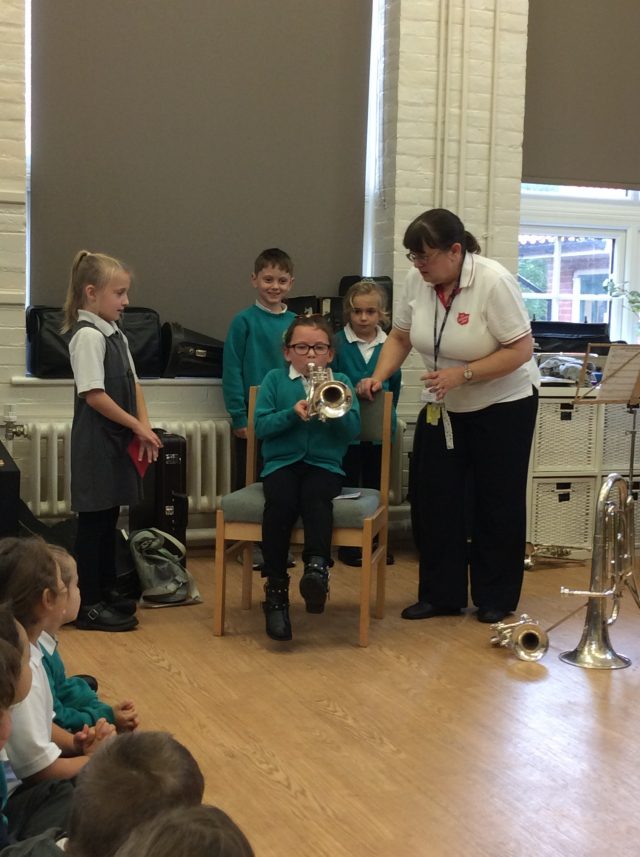
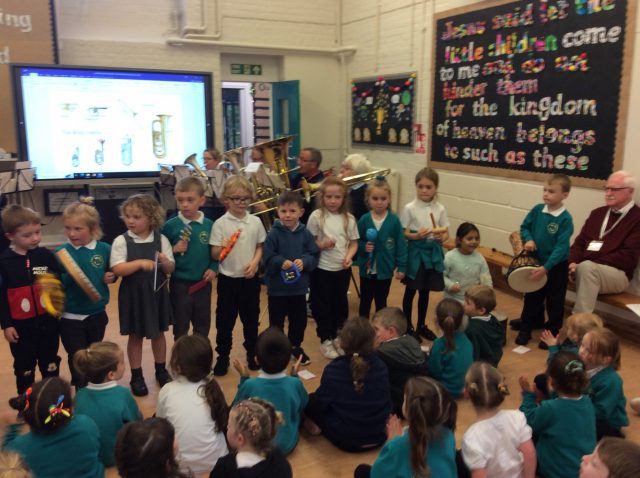
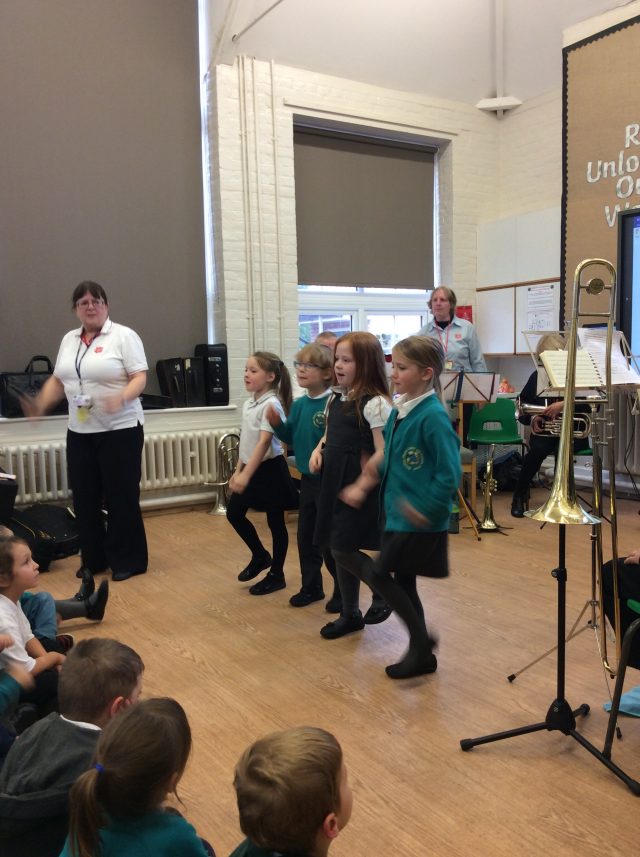
Music Intent Statement
At DCINS, we view music as a powerful, unique form of communication that can change the way children feel, think and act. Music allows opportunity personal expression, and plays an important role in the personal development of a child. Our music curriculum aims to promote enthusiasm, enjoyment and respect for music across a wide range of historical periods, styles and genres. Through our teaching, we intend for children to develop the musical skills and knowledge to become confident performers, composers and listeners. Our curriculum also helps children develop transferable skills such as team-work, leadership, creative thinking and presentation and performance skills. Listening, attention and speech and language skills are encouraged as children listen to and discuss different pieces of music, and are encouraged to use musical vocabulary. Our aim is for our children to become musical and develop a life-long appreciation and love of music.
Implementation
At DCINS, we follow the scheme, Active Music, to deliver engaging, well-planned and age-appropriate music lessons. Lessons follow a clear progression of skills across the following four areas:
- Rhythm and Pulse
- Pitch
- Singing
- Instrumental
Listening and attention threads throughout our curriculum across the year. In the first half term, we focus purely on listening and attention. We believe this sets the foundation for the listening and attention skills required for engaging in Active Music lessons from Autumn 2. Children experience listening and responding to high-quality music from different genres. Children also listen to a different genre of high-quality music in collective worships each week. Music is valued and embedded in every day teaching practice to inspire children in learning and activities, where deemed necessary.
Listening and attention sessions are revisited in music lessons at the end of the year, so children can apply their musical knowledge gained throughout the year, to engage in more detailed discussions and analysis around music they have listened to. Children will develop their understanding of different genres, composers and an understanding of the inter-related dimensions of music.
In the Early Years, children will build a repertoire of well-known songs and nursery rhymes. Music is embedded in everyday practice through singing songs between transitions, and providing opportunities to listen to high-quality music during Independent Learning Time. Children sing songs daily in collective worship, and partake in various musical performances throughout the year, including:
- Harvest Festival
- Nativity Service
- Carols and Coffee morning
- Easter Service
- Leavers’ service (Year 2 only).
Choir club runs weekly throughout the academic year. The choir learn a range of hymns, traditional and contemporary songs throughout the year, and enjoy performing these at different events. Choir perform their own songs in the whole school performances throughout the year, and also perform for the public and at special events.
Impact
The expected impact of following both the Active Music scheme, and high-quality listening and attention sessions planned by teaching staff is that children will:
- Be confident performers and composers who can express themselves musically at and beyond school.
- Show an appreciation and respect for a wide range of musical styles from around the world and have some understanding of the social and historical context of the music they have listened to.
- Understand the ways in which music can be written down to support performing and composition.
- Demonstrate and articulate am enthusiasm for music and be able to identify their own musical preferences.
- Meet end of Key Stage One expectations outlined in the National Curriculum for Music.
- Be ready to progress to the next level of musical excellence.
Nursery Medium Term Plans
Reception Medium Term Plans
Year 1 Medium Term Plans
Year 2 Medium Term Plans
